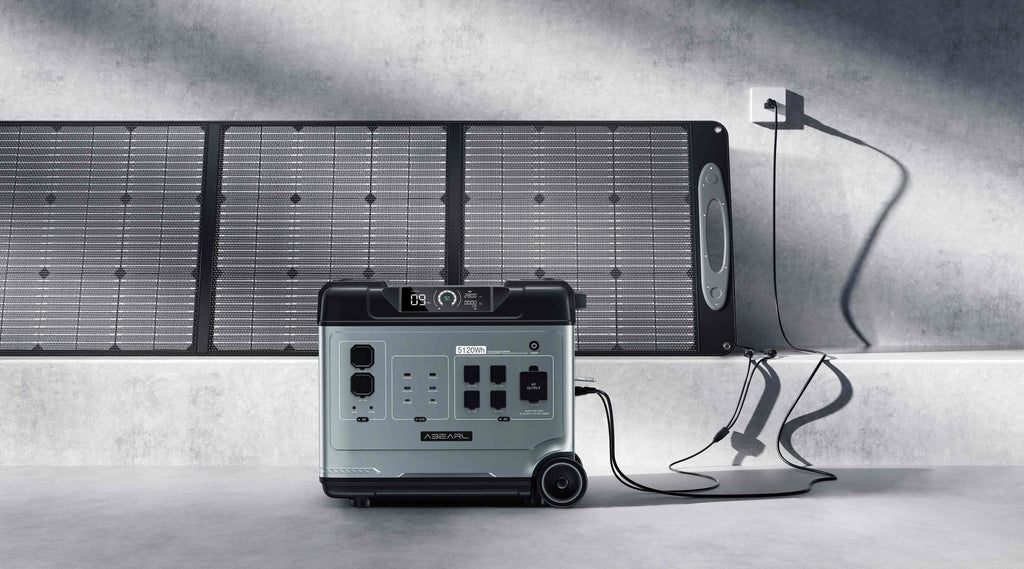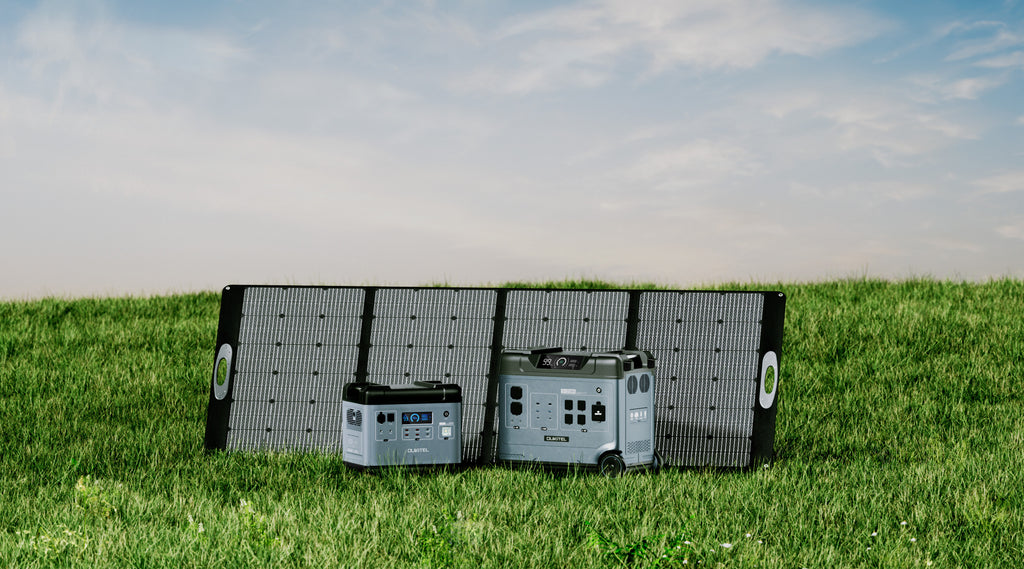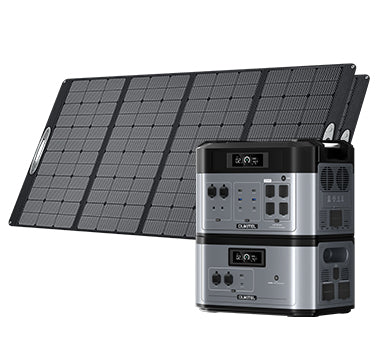Quiet and Efficient: Harnessing Solar Power with Indoor Generators
Navigation
- Introduction
- Solar Power: Embracing the Sun's Potential
- Indoor Generators: Reliable Backup Power
- Combination of Solar Power and Indoor Generators
- Choosing the Right Indoor Generator
- Installation and Maintenance
- Conclusion
Introduction
As we continue to explore energy solutions that are sustainable, reliable, and efficient, an increasing number of homeowners and businesses are turning to the combined use of solar power and . This dynamic duo offers an energy solution that is not only quiet and efficient but also potentially game-changing. This comprehensive article delves into the benefits and challenges of both solar power and indoor generators, their optimal integration, and essential considerations for installation and maintenance.

Solar Power: Embracing the Sun's Potential
Embracing solar power taps into an infinite, clean, and renewable energy source, bringing with it numerous compelling benefits.
However, no solution is without its challenges. Solar power's dependence on sunlight makes it an intermittent energy source, less reliable during night hours or cloudy weather conditions. This necessitates a robust energy storage solution to ensure availability of power when solar production is minimal. Storing excess solar energy for later use typically involves battery systems, which can be expensive. While battery technology continues to advance, initial costs may be prohibitive for some, presenting a potential obstacle to the adoption of solar power.

Indoor Generators: Reliable Backup Power
Indoor generators fill a critical gap in energy supply, providing reliable power even during grid failures or blackouts. As a stand-alone power source, indoor generators offer an enhanced sense of energy independence, reducing total reliance on the grid.
However, traditional indoor generators are not without their challenges. Noise pollution from many generator models can disrupt both user and neighboring environments. Additionally, these generators often rely on non-renewable fossil fuels, which contribute to greenhouse gas emissions and climate change.
Combination of Solar Power and Indoor Generators
Integrating indoor generators with solar power systems can create an efficient, quiet, and reliable power solution.
- Increased Energy Efficiency: An indoor generator can store and utilize surplus solar energy, ensuring that no energy goes to waste. This maximizes the use of solar-generated power, leading to increased energy efficiency.
- Reduced Grid Reliance: The combination of solar power and an indoor generator can potentially allow for complete energy independence, offering resilience against grid outages and increased control over your energy supply.
- Noise Reduction: Some indoor generators designed to work with solar systems utilize inverter technology, which reduces operational noise levels significantly. This offers a powerful yet quiet solution, alleviating the problem of noise pollution often associated with traditional generators.
Choosing the Right Indoor Generator
Selecting the ideal indoor generator to complement your solar power system is a nuanced process, influenced by several critical factors such as power output, fuel type, noise level, and cost.
- Power Output: The generator must be capable of supplying enough power to meet your needs when solar power is inadequate.
- Fuel Type: The environmental impact and operational cost can be influenced by the fuel type used by the generator.
- Noise Level: Considering the potential disturbance caused by generator noise, models with noise reduction features are a more suitable choice for residential areas.
- Cost: The generator's cost, encompassing not only the purchase price but also installation and ongoing maintenance expenses, should be factored into your decision-making process.
Or, you can just turn to a solar-powered or battery-powered indoor generator to make the best of solar energy and power your home quietly and efficiently.
Related: Choosing the Right Indoor Generator Size for Your Home: A Step-by-Step Guide
Installation and Maintenance
Installation of an indoor generator requires careful planning and professional attention to ensure safety codes and zoning regulations compliance. Hiring professionals for installation is often the best route to ensure a safe and efficient setup.
Maintenance is equally important for the longevity and performance of the generator. Regular inspections help identify and rectify issues promptly, preventing major breakdowns and enhancing generator efficiency. This proactive approach not only extends the generator's lifespan but also improves fuel efficiency and reduces CO2 emissions.
If you hate the hassle of professional aid and regular maintenance, a solar-powered or battery-powered indoor generator is the optimal choice, for it features easy installation and little maintenance.
Conclusion
While both solar power and indoor generators present their unique set of benefits and challenges, their combination can create an efficient, quiet, and reliable power solution. By thoroughly assessing your specific power needs and circumstances, you can tailor a solution that best meets your requirements. The synergy of solar power and indoor generators paves the way towards a future of more sustainable and reliable energy solutions.







































 Oukitel Flashlight
Oukitel Flashlight Oukitel Solar
Extension Cable
Oukitel Solar
Extension Cable

















Leave a comment